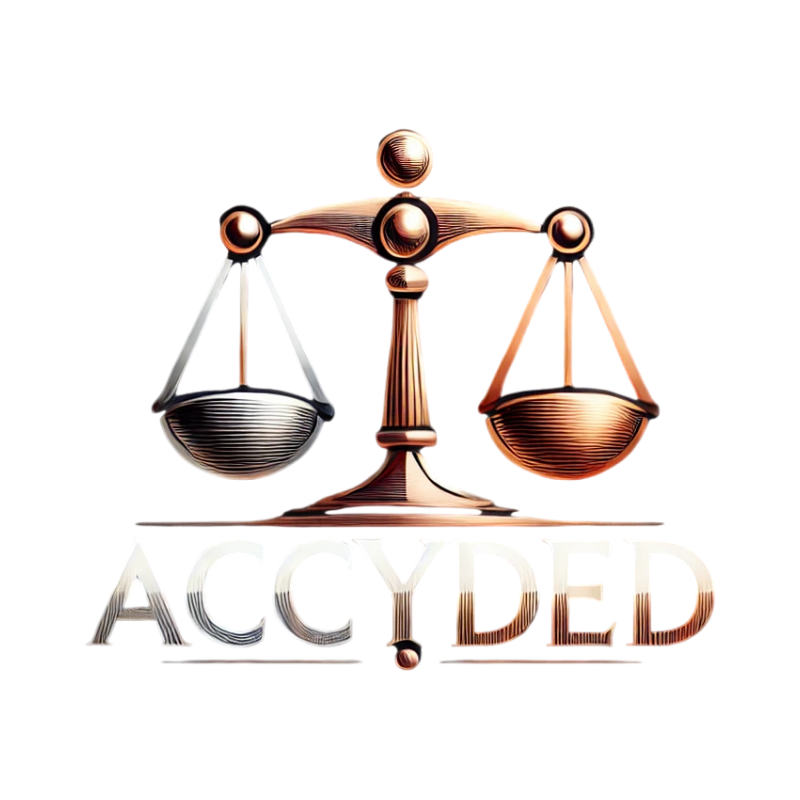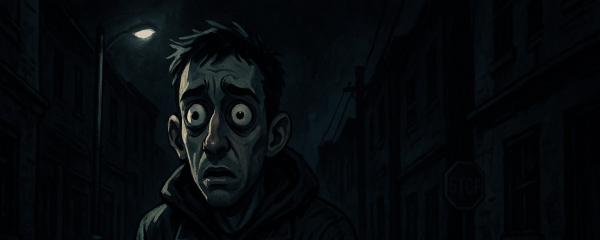Citizen security is an essential pillar for any society that aspires to guarantee fundamental rights, peaceful coexistence and human development. It is not just a matter of statistics or police presence: it is the feeling – intimate, vital – that our life, our freedom and our integrity are protected both in the street and in front of the institutions. In fact, when we travel to other countries, one of the first aspects we assess is whether we will be able to walk calmly through their streets or if our physical integrity is at risk. The value of life is not the same in all latitudes; it changes drastically according to the security and justice context of each nation. It contrasts in our country when coming into contact with our judicial system, where uncertainty and lack of protection replace trust. But what happens in our country when citizens enter a court?
Because it is not only a matter of feeling safe in the face of common crime, but also of knowing that they are protected against the abuse of power, corruption and arbitrariness.
Spain, despite having relatively low levels of street crime compared to other countries, is suffering from a quieter but equally dangerous crisis: legal uncertainty. This insecurity is not measured with cameras or patrolled with uniforms; It is palpable in the courts, in the corridors of the prosecutor's offices, in the attitude of judges and magistrates towards those who dare to denounce irregularities. What happens when the one who threatens your rights is not a thief, but an institution? How does a citizen defend himself when those who should impart justice act with bias, apathy or fear?
It is not an exaggeration to ask if in our country the denunciation of corruption is paid for with jail, persecution or marginalization. The experiences of many citizens who have stepped forward to uncover illegal plots or administrative abuses end up with endless judicial processes, labor reprisals or even absurd accusations. Meanwhile, those responsible for the reported crimes enjoy impunity or an institutional shield that dissuades anyone from following in their footsteps.
Who maintains legal uncertainty in Spain?
Legal uncertainty is not an accident. It is not a temporary anomaly of the system. It is, to a large extent, the result of a structure that has been consolidated over time to ensure that certain interests are outside democratic control and citizen scrutiny. And this structure has names and surnames:
- political-economic elites,
- an excessively hierarchical and politicized judiciary,
- institutionalized control bodies so "as not to bother too much."
1. The politicization of justice: a functional design for power
At the heart of the problem is the lack of real judicial independence. The appointment system in Spain, especially in the General Council of the Judiciary (CGPJ), has historically been a battleground between parties. Judges who rise to key positions do not necessarily do so on merit or independence, but on the basis of their ideological affinity or strategic usefulness to those who promote them. This dynamic generates a chain of favors and silences that undermines citizen confidence.
When a judge knows that his career depends on those who govern, he is much less likely to act courageously in the face of cases of political corruption. This lack of courage, or even connivance, is not just a betrayal of the toga: it is a direct threat to the rule of law.
2. The prosecutors' offices, between hierarchical obedience and active omission
The Public Prosecutor's Office, far from being an autonomous guarantor of legality, behaves in many cases as an arm of the Government of the day. Its hierarchical structure, extremely rigid, allows the top to stop investigations, file complaints or "orient" procedures with clearly political purposes.
Anti-corruption or provincial prosecutors' offices have come to ignore evidence, dismiss solid evidence, or directly fail to open minimally necessary proceedings. In many cases, citizen complaints crash against a wall of institutional indifference. And in others, even worse, it becomes the trigger for retaliation against the whistleblower.
3. Professional associations, the CGPJ, the Ombudsman: guardians of the status quo
Bodies that in theory should act as counterweights to the system – such as the General Council of the Judiciary, the Court of Auditors, the Bar Associations or the Ombudsman – have assumed a decorative or complicit role. Instead of investigating, sanctioning or raising their voices, they protect the system against those who dare to make it uncomfortable.
When the Ombudsman refuses to investigate a well-founded complaint, when a professional association looks the other way in the face of irregularities, or when the CGPJ is entrenched in its renewal while protecting questioned judges, we are not dealing with bureaucratic errors: we are dealing with a corporate ecosystem that defends itself.
4. Media and large offices: the fourth estate as a smokescreen
The persistence of legal uncertainty cannot be understood without talking about media complicity. Many media outlets, financed directly or indirectly by large economic groups or public administrations, ignore very serious cases or trivialize them, while constructing narratives that stigmatize whistleblowers as "resentful", "conspiracy" or "conflictive people".
At the same time, large law firms, law firms linked to parties or banks, operate as opaque intermediaries that guarantee that certain battles never go to trial or that the proceedings are lost in an endless procedural tangle. They are the ones who, in many cases, design the legal labyrinths that make it almost impossible to reach a fair sentence.





